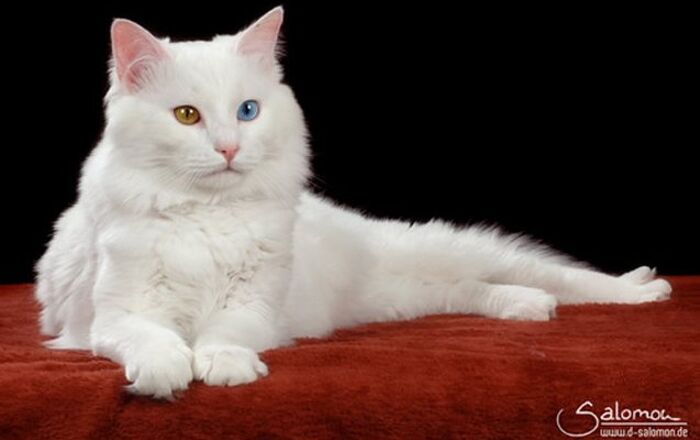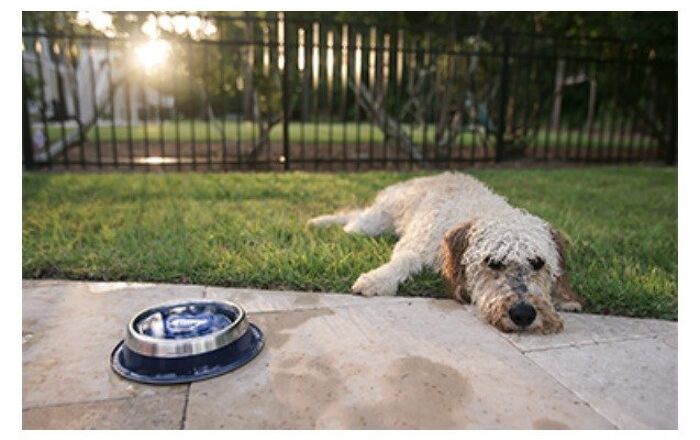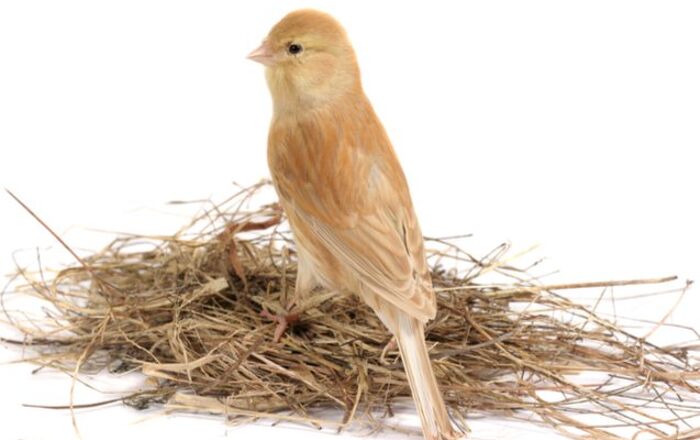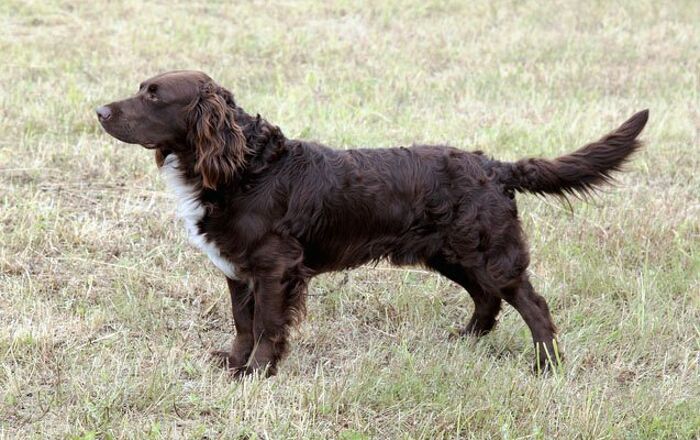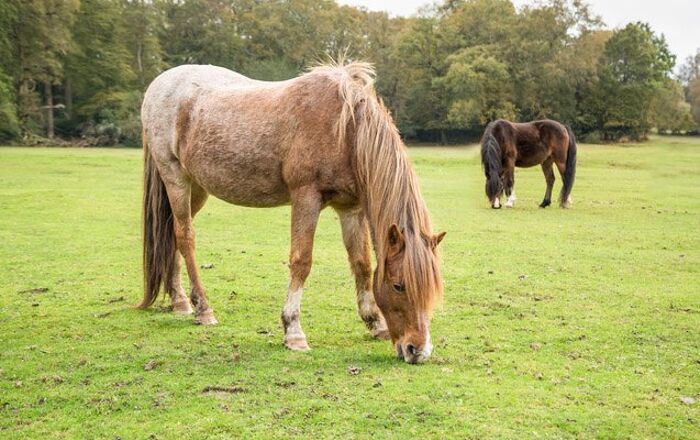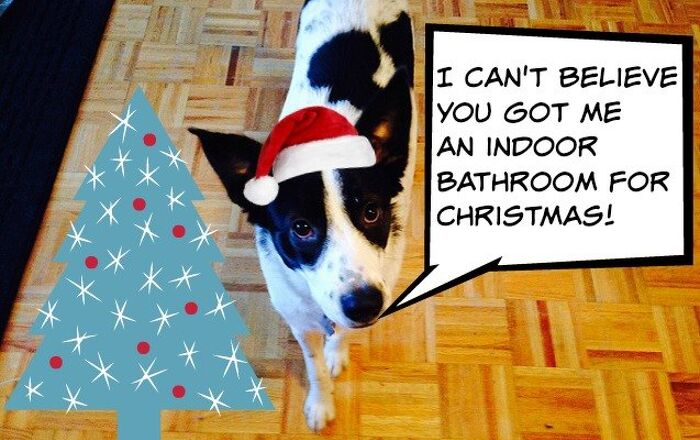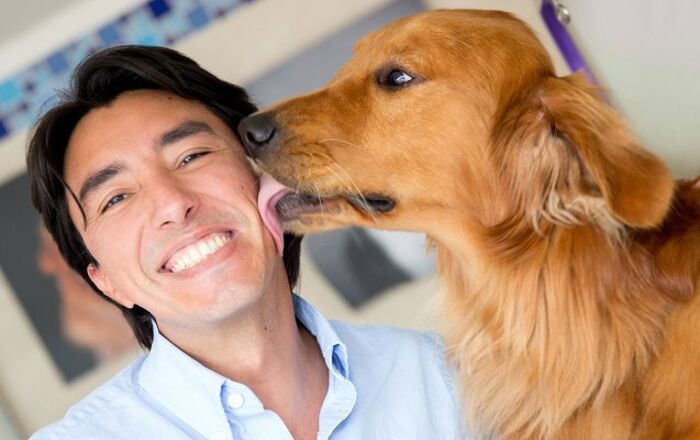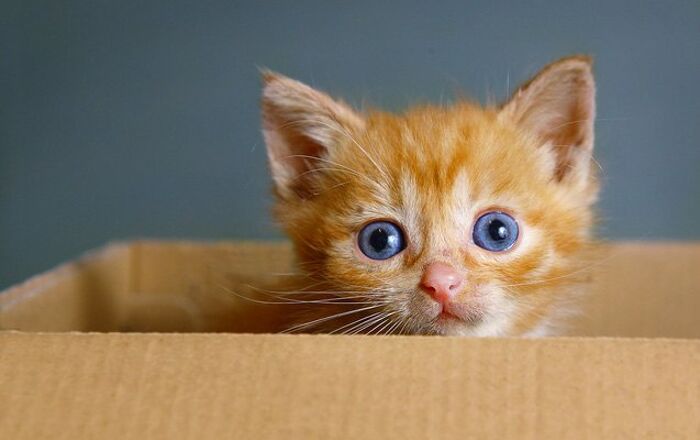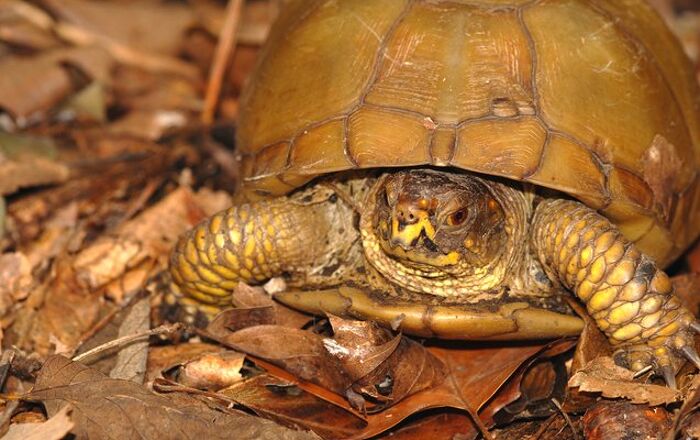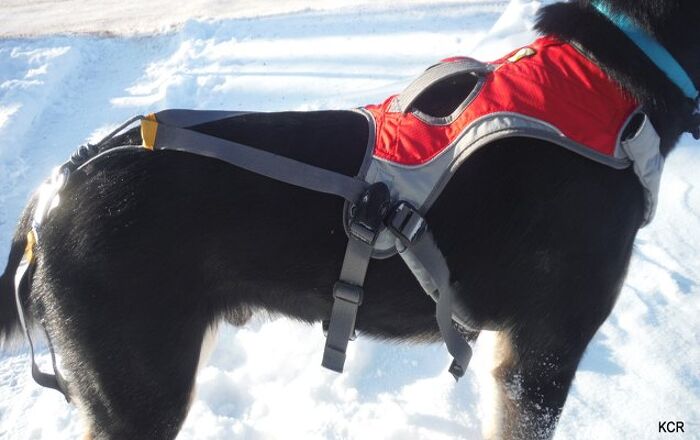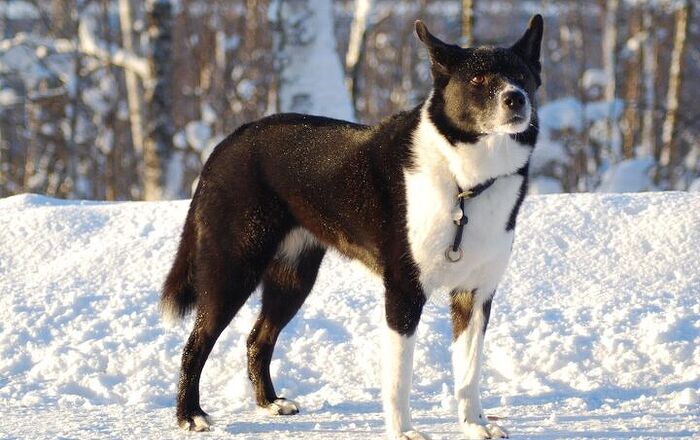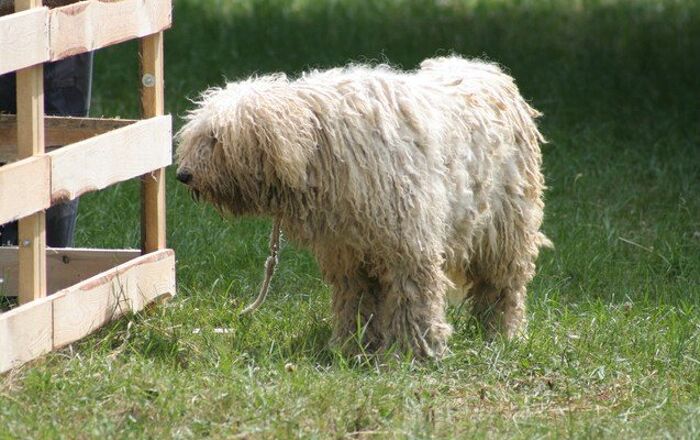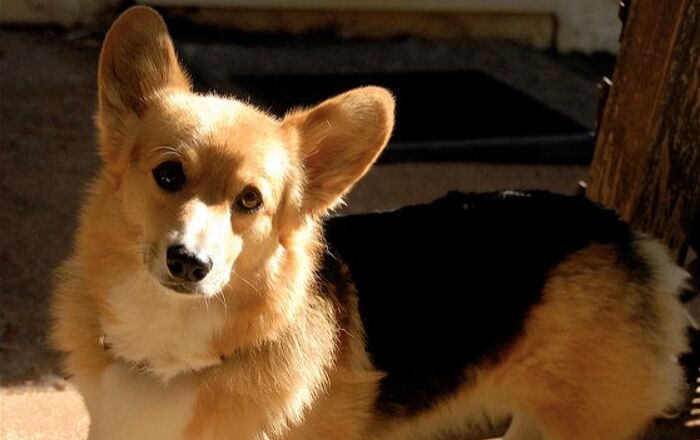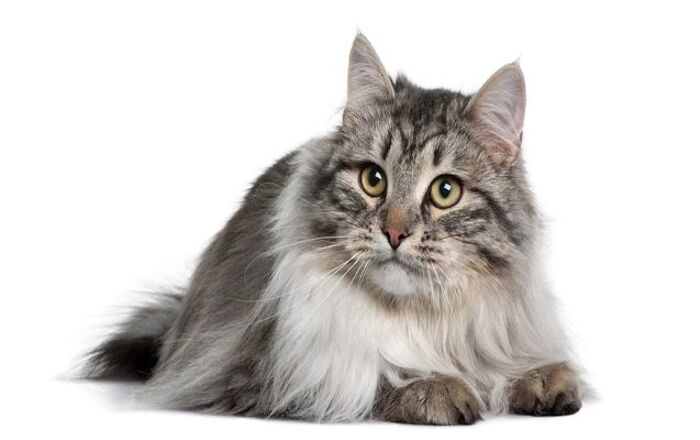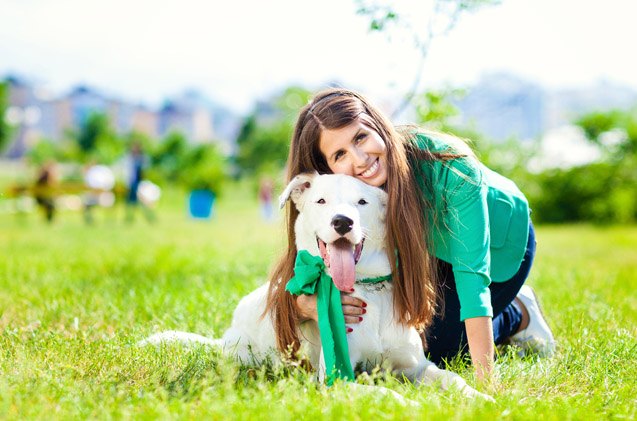
Mike Bober, the President and CEO of the Pet Industry Joint Advisory Council (PIJAC), shares his thoughts on why responsible pet ownership begins before you get a pet.
Approximately 80 million U.S. homes have pets – furry, scaly, feathery, or otherwise. These pets are the source, and recipients, of a great deal of love and affection. But that’s not all it takes to successfully take a pet into your home; Responsible Pet Ownership Month has long highlighted the need for veterinary and grooming care, pet-proofing your house, healthy diets, and more to maximize the human-animal bond and your pet’s welfare.
However, responsible pet ownership doesn’t start when your pet arrives at your home. It begins weeks or months before, when you are first considering whether to make a long-term commitment to a companion animal. And it may continue even if you choose to relinquish your pet.
Considerations prior to taking a pet into your home
The first thing a potential pet owner should consider is finding the right companion animal. This is no simple task. You must examine the size of your home, your family size, allergy issues, your finances, and home restrictions. Will a high-energy dog put your children at risk of injury or your home at risk of damage? Will a large dog be too big for your living space, and do you have space for cat litter? Even for pets that require less direct care, such as fish or snakes, you should think about floor and counter space as well as possible home owner association or apartment restrictions on pets.
Related:10 Ways To Be A Responsible Pet Parent
Finances are an important consideration. A recent study found that it costs more than $2,200 per year to take care of a cat or dog. If you can’t bring Fido into your home right now, that’s okay! Consider another pet, or simply wait until you are able to fully support a companion animal.
Finding the right pet is also about going to the right source. According to the American Pet Products Association’s most recent National Pet Owners Survey, one-third of Americans get their cat or dog from a rescue or shelter. Four percent of dog owners buy their pet from a store, and one-fifth of canine owners go straight to a breeder. About one-third of cat owner find their pet as a stray on the street. Most fish are purchased from a specialty or pet store; most birds are taken in at a store, purchased at a store, or given by a family or friend; and most reptiles are either found as strays or obtained and found at a pet store.
Each of these sources offers a different benefit. There is no best source for where you should find your pet – it is truly subjective to your preferences. The key factors are ensuring that the caretakers put animal welfare above profit and ensure the welfare of the animals under their care. What matters most is that you find the pet that fits your particular situation.
Considerations during pet ownership
Once you’ve found the perfect pet, it’s time to care for it. Depending upon your pet, it may be important to get it vaccinated. Proper food, water, and housing are always key. For dogs and certain other pets, training and socialization are critical.
Related:This Amazing Cat Lady Teaches Responsible Pet Ownership To School Kids
Taking care of a pet also involves taking care of yourself. Most common animal-transmitted illnesses such as Salmonella and Campylobacter can be prevented through handwashing and basic sanitation.
Keeping track of your pet is very important. In a recent press release, the Texas Veterinary Medical Association encouraged collars with contact information and microchips. (Don’t worry, microchips are virtually painless for your pet!) Microchipping is affordable and helps ensure that rescues and shelters are able to quickly return your pet if you lose it. Frequently, your pet will be chipped before it arrives in your home – this is something that often distinguishes a legitimate breeder from an unethical one.
Microchipping may not be for everyone or every pet. But it is a viable option for millions of pet owners to ensure they can keep track of their pet.
Ensuring your pet’s future without you
Unfortunately, not every human-animal bond works out for the life of the pet. In the sad circumstances under which you may not be able to properly care for your pet, it is important that you do not let the animal out into the wild. Invasive species awareness – in which an animal not native to an environment, such as a fish or snake, is let into the wild – is a pillar of responsible pet ownership and care. It is often best to find a way to adopt the pet out, to rescues, shelters, friends, or family; many pet stores also offer surrender programs as an alternative to releasing potentially invasive species into the wild.
In the case of some long-lived species, it’s conceivable that a companion animal could actually outlive its owner. To avoid confusion and difficult decisions, it’s best to plan for your pet’s future care in advance.
That’s it!
That’s it! Make sure you are being a responsible pet owner before, during, and – if necessary – after a pet’s care is on your shoulders. Find the right pet, ensure its care while at your home, and if necessary find the best home afterwards.
Mike Bober is President and CEO of the Pet Industry Joint Advisory Council (PIJAC). PIJAC is the educational, advocacy, and legislative voice of the responsible pet trade.
